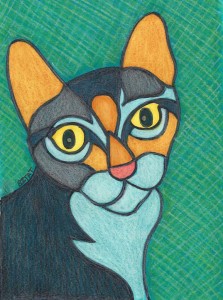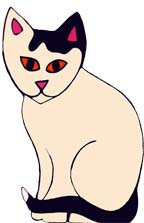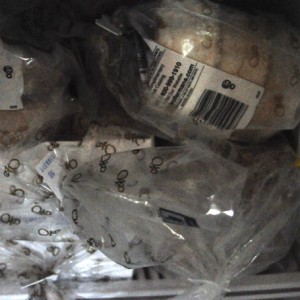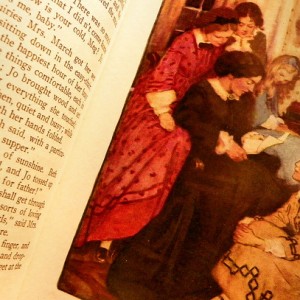 I watched Mihaly Csikszentmihalyi talk about his psychological research on flow at TED with my journalism students this afternoon. I’ve been looking at a lot of interesting and reasonably short video presentations for the students to practice taking notes to capture quotations.It’s also a good opportunity to introduce them to some interesting ideas they may not have encountered otherwise. Thus, we looked at Jill Bolte Taylor’s talk about the insights she gained about neurobiology from experiencing a stroke herself, a 3-minute definition of optimism from Martin Seligman, who is often credited with founding the academic specialty of positive psychology, and Csikszentmihalyi.
I watched Mihaly Csikszentmihalyi talk about his psychological research on flow at TED with my journalism students this afternoon. I’ve been looking at a lot of interesting and reasonably short video presentations for the students to practice taking notes to capture quotations.It’s also a good opportunity to introduce them to some interesting ideas they may not have encountered otherwise. Thus, we looked at Jill Bolte Taylor’s talk about the insights she gained about neurobiology from experiencing a stroke herself, a 3-minute definition of optimism from Martin Seligman, who is often credited with founding the academic specialty of positive psychology, and Csikszentmihalyi.
Csikszentmihalyi spent his childhood in Europe during World War II. He says in his TED talk, delivered in 2004, that he was struck by what a huge impact the traumas of the war had on the adults around him. He has spent his entire life trying to figure out what makes life worth living. He has written about his research on creativity, flow and meaning in more than 100 publications. One thing he has concluded is that more and more money doesn’t do the trick.
From the 1950s to the end of the 20th century, average personal income in the United States more than doubled. Over the same time period, however, the weight of people who consider themselves “very happy” in the population stayed the same, hovering around 30 percent.
 While I was watching, it struck me that pursuit of my interest in positive psychology at the same time I’m taking courses on investing is playing both ends of the chart Csikszentmihalyi showed the audience. I’m a firm believer that money alone doesn’t make life meaningful. The idea that more of it would at least make things easier and allow more time for the pursuits that help me experience flow, however, is seductive.
While I was watching, it struck me that pursuit of my interest in positive psychology at the same time I’m taking courses on investing is playing both ends of the chart Csikszentmihalyi showed the audience. I’m a firm believer that money alone doesn’t make life meaningful. The idea that more of it would at least make things easier and allow more time for the pursuits that help me experience flow, however, is seductive.
In the classroom, I decided to stick with a decision I made early in life to pursue meaning in life rather than put my effort into rounding up a big pile of cash. I know I need the financial management skills, and I understand the principles of investing and planning for taxes, insurance, retirement and other contingencies. We all need to manage these things. Some of us find ourselves in the flow in the game of investing. I don’t mind making financial plans and taking action — I even find them interesting — however, these activities don’t make me feel what Csikszentmihalyi describes as feeling in flow:
- Completely involved in what we are doing – focused, concentrated.
- A sense of ecstasy – of being outside everyday reality.
- Great inner clarity – knowing what needs to be done, and how well we are doing.
- Knowing that the activity is doable – that our skills are adequate to the task.
- A sense of serenity – no worries about oneself, and a feeling of growing beyond the boundaries of the ego.
- Timelessness – thoroughly focused on the present, hours seem to pass by in minutes.
- Intrinsic motivation – whatever produces flow becomes its own reward.
 I feel flow when I am writing, drawing, dancing, learning, playing and cuddling with my cats, meditating, cooking, helping a friend or student figure out a problem, among other activities.
I feel flow when I am writing, drawing, dancing, learning, playing and cuddling with my cats, meditating, cooking, helping a friend or student figure out a problem, among other activities.
Csikszentmihalyi has spent years studying the lives of ordinary people like me to find the moments when we feel flow. He hopes that his research will help more of us to feel flow and meaning in our lives. He has learned that we all need the right balance of skill and challenge to move into flow. Too little skill and challenge leaves us feeling apathetic. A little bit too much challenge stimulates us to develop our skills to move into a state of flow. We will also find ourselves in flow when we challenge our skills.
The activity doesn’t matter, the balance of skill and challenge does.







